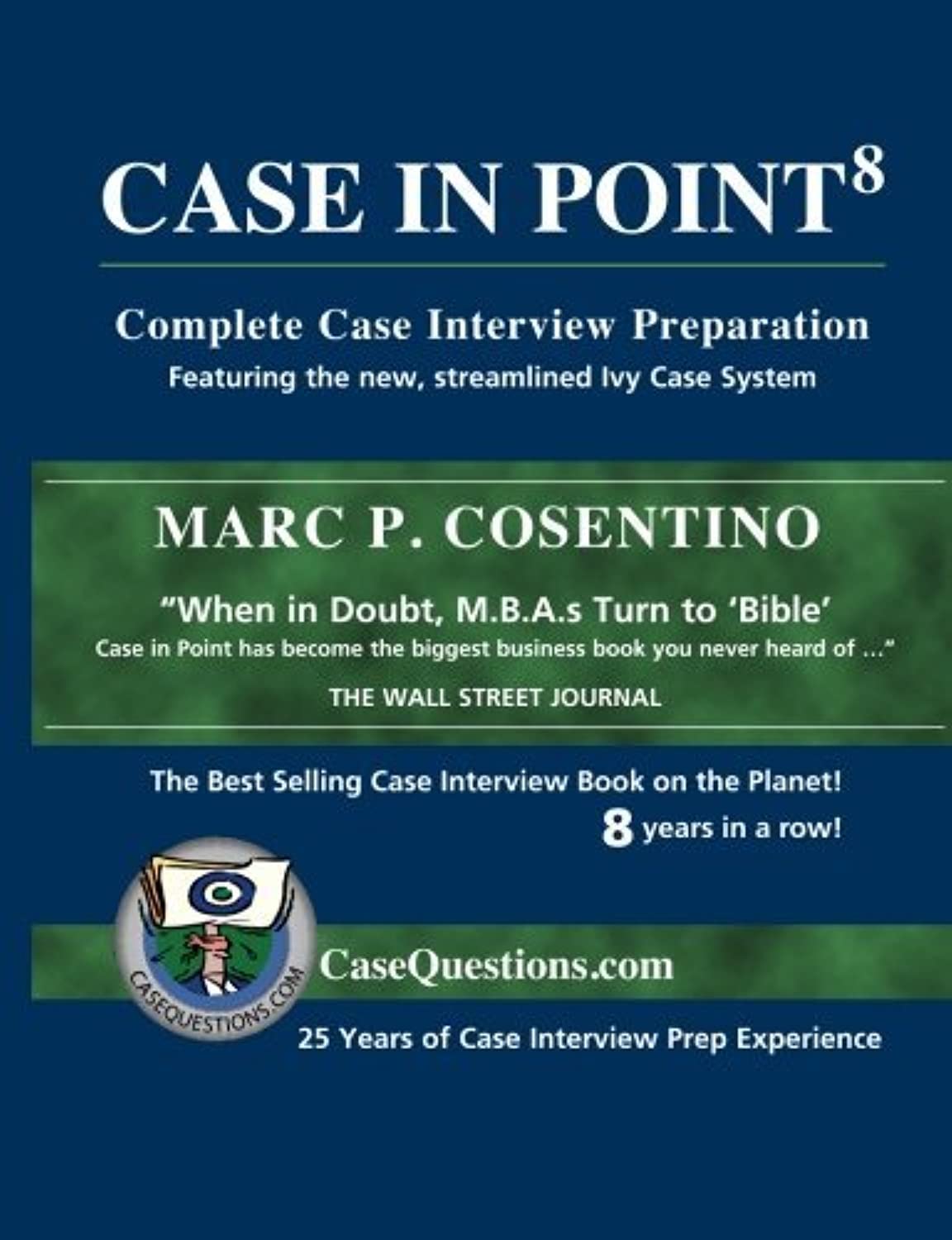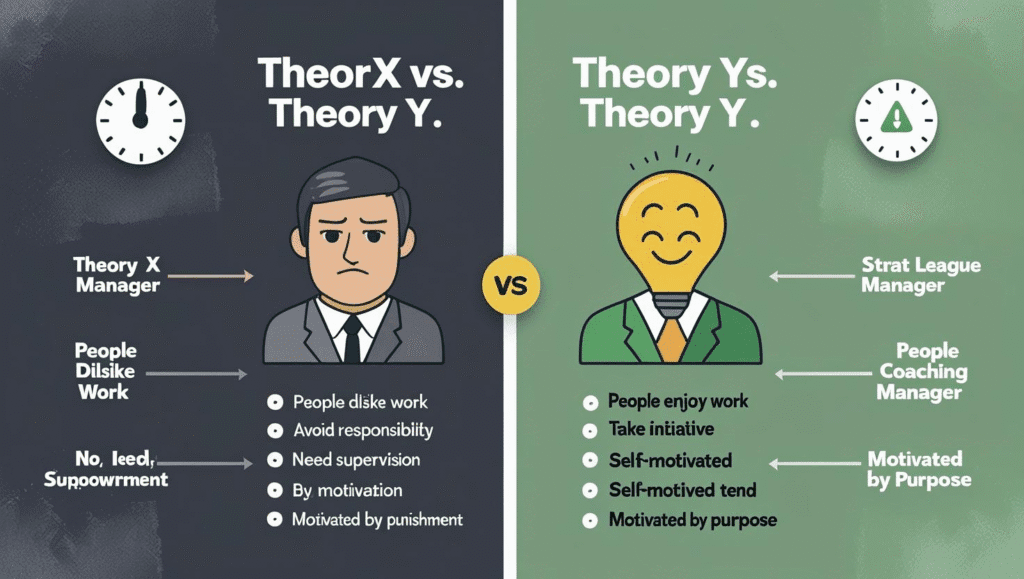The Executive’s Guide to Top MBA Programs Without a GMAT (2025 Update)
For decades, the GMAT has stood as a formidable gatekeeper to the world’s most prestigious MBA programs. The grueling hours of study, the pressure of a timed exam, and the anxiety of hitting a target score have been a rite of passage for nearly every applicant. But what if there was another way? What if you could showcase your business acumen and leadership potential without boiling it down to a three-digit number?
Welcome to the new era of MBA admissions. A growing number of elite, highly-ranked business schools are recognizing that a standardized test score doesn’t tell the whole story. They’re offering GMAT waivers and test-optional policies to attract a more diverse and experienced pool of candidates—accomplished professionals like you whose real-world track records speak louder than any exam. This guide is your definitive roadmap to navigating this exciting landscape, helping you identify the best programs and craft an application that makes the GMAT irrelevant.
What are the Best MBA Programs with GMAT Waivers?
Several top-tier business schools now offer GMAT waiver options for their full-time MBA programs to qualified candidates. These include renowned institutions like NYU Stern School of Business, University of Virginia’s Darden School of Business, University of Michigan’s Ross School of Business, and Cornell’s Johnson Graduate School of Management. These programs provide pathways for applicants with strong work experience, advanced degrees, or exceptional quantitative backgrounds to apply without a standardized test score.
The Shift in Admissions: Why Top Schools Are Ditching the GMAT Requirement
The move away from a strict GMAT requirement isn’t about lowering standards; it’s about raising them. Admissions committees are adopting a more holistic review process, acknowledging that leadership, innovation, and quantitative readiness can be demonstrated in many ways. This shift values:
- Proven Professional Experience: Years of impactful work, especially in analytical or quantitative roles, can be a more powerful predictor of success than a test score.
- Diverse Candidate Pools: Removing the GMAT barrier opens the door to exceptional candidates from non-traditional backgrounds who may not be strong standardized test-takers but possess incredible talent.
- Focus on Real-World Skills: Schools are increasingly interested in your demonstrated ability to lead teams, manage budgets, and drive results—skills not easily measured by a multiple-choice exam.
While this path offers a great opportunity, it also raises the bar for the other components of your application. Without a GMAT score, your resume, essays, and letters of recommendation must do the heavy lifting to prove you’re ready for the academic rigor of a top MBA program.
“The goal of a holistic admissions process is to build a diverse and talented class. A test score is just one piece of data among many.” – Admissions Director, Top 15 U.S. Business School
Elite MBA Programs Offering GMAT Waivers: A Deep Dive
Let’s explore some of the best full-time MBA programs where your experience can outshine a test score. We’ll break down their policies and what they’re looking for in waiver candidates.
1. New York University (NYU) Stern School of Business
Why It’s a Top Program: The Heartbeat of Global Business
Located in Greenwich Village, NYC, Stern offers unparalleled access to the worlds of finance, marketing, luxury retail, and technology. Its “IQ + EQ” philosophy emphasizes a combination of intellectual and emotional intelligence. Stern is a powerhouse in finance but has equally strong programs in strategy, marketing, and business analytics.
GMAT Waiver Policy Explained:
NYU Stern offers a “Standardized Test Waiver” for its full-time MBA program. Applicants who feel their academic and professional history already demonstrates strong intellectual ability can request to be considered without a GMAT or GRE score.
Who Typically Qualifies?
Stern looks for compelling evidence in one of two areas:
| Criteria Category | Examples of Strong Evidence |
|---|---|
| Exceptional Academic Record | High GPA in a rigorous quantitative major (e.g., engineering, economics, computer science) from a top-tier undergraduate institution. Advanced degrees (Master’s, PhD) in analytical fields. |
| Extensive Professional Experience | Significant work experience in a role requiring rigorous quantitative and analytical skills (e.g., corporate finance, consulting, data science, engineering). Professional certifications like the CFA or CPA. |
2. University of Virginia Darden School of Business
Why It’s a Top Program: The Best-in-Class Learning Experience
Darden is renowned for its intense, case-method-based learning environment, consistently ranked #1 for educational experience by The Economist. Located in Charlottesville, it fosters a tight-knit, collaborative community. Darden excels in developing general management and leadership skills, making it a top choice for aspiring consultants, corporate strategists, and entrepreneurs.
GMAT Waiver Policy Explained:
Darden has a test-flexible policy, allowing candidates to apply for a waiver if they believe other qualifications strongly support their candidacy. They want to see proof of academic and professional accomplishment that makes a test score redundant.
Who Typically Qualifies?
Darden’s admissions committee considers a range of factors for a waiver:
- At least five years of progressive, professional work experience.
- A Master’s or PhD degree in an analytical or quantitative field.
- A strong undergraduate record, particularly with a GPA of 3.4 or higher in a STEM, business, or economics major.
- Holding a professional license such as the CPA or CFA.
Building a GMAT-Proof Application: Show, Don’t Just Tell
If you’re forgoing the GMAT, your application needs to be airtight. Every section must work together to build a compelling case for your quantitative and analytical readiness. While a traditional application might be covered in our broader guide to the best MBA programs, a GMAT-waiver application requires a unique strategy. It’s not just about what you’ve done; it’s about how you frame it.
This means you need to master the language of business and analytical thinking long before you step on campus. The resources below are not just books; they are toolkits for developing the mindset that top business schools look for—the kind of thinking that a GMAT score is supposed to represent.

Case in Point: Complete Case Interview Preparation
This is the bible for consulting interviews, but its value is universal. It teaches you how to deconstruct complex business problems—a skill you must demonstrate in your application essays and interviews.
View on Amazon
Extreme Ownership: How U.S. Navy SEALs Lead and Win
Top MBA programs are looking for leaders. This book provides a powerful framework for leadership and accountability that will resonate with admissions committees when you describe your professional achievements.
View on Amazon
Storytelling with Data: A Data Visualization Guide
Proving your quantitative skill isn’t just about numbers; it’s about communicating insights. This guide teaches you how to present data effectively—a crucial skill for your application and your career.
View on Amazon3. University of Michigan (Ross) School of Business
Why It’s a Top Program: Action-Based Learning in a Collaborative Culture
Ross is famous for its commitment to experiential, action-based learning. The Multidisciplinary Action Projects (MAP) program is a cornerstone of the curriculum, where all first-year students work on a real, high-stakes consulting project for a major corporation or nonprofit. Located in Ann Arbor, Ross has a vibrant, supportive community and a vast, famously loyal alumni network.
GMAT Waiver Policy Explained:
Ross offers a standardized test waiver for candidates who can demonstrate academic and professional accomplishments that predict success in the program. They are clear that this is not a “no-test” option, but a “test-waiver” option—you must proactively prove you don’t need the test.
Who Typically Qualifies?
The Ross admissions team provides a clear checklist of potential qualifications:
| Waiver Justification | Required Evidence |
|---|---|
| Strong Undergraduate Record | Graduated with a GPA of 3.4 or above from a top-ranked university, particularly in a quantitative field of study. |
| Master’s or Professional Degree | Possession of a graduate degree (e.g., MS, PhD) in a field like engineering, medicine, or economics. |
| Professional Certifications | Full completion of certifications known for their quantitative rigor, such as the CPA, CFA (all levels passed), or PMP. |
| Extensive Work Experience | 7+ years of high-quality, post-undergraduate work experience in a role with significant analytical and quantitative responsibilities. |
4. Cornell University (Johnson) Graduate School of Management
Why It’s a Top Program: An Ivy League Experience with a Personal Touch
Located in Ithaca, New York, Johnson offers a tight-knit, immersive MBA experience within the broader resources of a major Ivy League university. It’s known for its strong finance curriculum, particularly in investment banking, and its unique “Immersion Learning” program, which provides deep, hands-on industry experience in the second semester.
GMAT Waiver Policy Explained:
Johnson offers a clear GMAT/GRE test waiver option for its full-time MBA programs. They require candidates to submit a short statement explaining why they should be granted a waiver, supported by evidence from their academic and professional background.
Who Typically Qualifies?
Candidates are encouraged to apply for a waiver if they meet one or more of the following criteria:
- Hold an advanced degree (e.g., JD, MD, PhD, or a Master’s in a technical/quantitative discipline).
- Have five or more years of progressive work experience in a field that requires strong analytical and leadership skills.
- Have earned a professional certification such as a CPA, CFA, or Series 7.
- Demonstrated exceptional academic performance as an undergraduate with a high GPA in a quantitative or analytical major.
Frequently Asked Questions (FAQ) About No-GMAT MBAs
Does applying with a GMAT waiver hurt my chances of admission?
No, provided you have a strong alternative case. Schools that offer waivers do so because they genuinely believe other factors can prove your capabilities. However, if your profile is borderline, a strong GMAT score can help de-risk your application. If you have a low undergraduate GPA in a non-quantitative major and limited analytical work experience, applying with a waiver is a high-risk strategy. The key is to be self-aware and honest about the strength of your profile.
Will forgoing the GMAT affect my scholarship opportunities?
This is a critical question. At some schools, it can. Many merit-based scholarships use a combination of factors, including test scores, to award funds. A high GMAT or GRE score can make you a more competitive candidate for these awards. If financing your MBA is a major concern, you should directly contact the admissions or financial aid offices of your target schools to ask how test waivers impact scholarship consideration. In some cases, submitting a strong score, even if not required for admission, could unlock significant funding.
How do I prove my quantitative ability without a test score?
You must be proactive and explicit. Here’s how:
- Resume: Use bullet points that highlight quantitative achievements. Instead of “Managed a project,” write “Managed a $2M project budget, delivering it 10% under forecast by optimizing resource allocation.”
- Optional Essay: Use this space to connect the dots for the admissions committee. Explain how your work in finance, data analysis, or engineering has prepared you for the quantitative rigor of their curriculum.
- Recommendations: Choose recommenders who can speak directly to your analytical skills, work ethic, and data-driven decision-making.
- Supplemental Courses: Consider taking pre-MBA math courses (e.g., calculus, statistics) from a reputable online provider like HBS Online or Coursera and earning a high grade.
Conclusion: A New Path to the C-Suite
The GMAT is no longer the only key that unlocks the door to a top-tier MBA. For experienced professionals with a proven track record of success, the rise of test-optional policies represents a golden opportunity. It’s a chance to build an application based on your real-world accomplishments, leadership impact, and unique story.
This path requires introspection, strategic positioning, and a commitment to demonstrating your abilities through every part of your application. The schools highlighted here—NYU Stern, UVA Darden, Michigan Ross, and Cornell Johnson—are leading the charge, recognizing that talent is not one-dimensional. By focusing on your strengths and crafting a compelling narrative, you can earn a seat at one of the world’s best business schools, no GMAT required. Your executive journey awaits.


